What You Need To Know
Abidjan is the economic capital of Ivory Coast and is the most populous French-speaking city in West Africa. Its population at the 2014 Ivory Coast census was 4,707,404, which is 20 percent of the overall population of the country.
Area: 2,119 km²
Population: 1.929 million (1988)
Currency
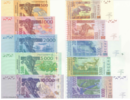
- The official currency is the CFA Franc (XOF), divided into 100 centimes. The CFA Franc is linked to the Euro at a fixed rate of exchange. New notes were issued in 2004 and only those issued by the Bank of West African are valid currency.
- There are a few ATMs in Abidjan but most will accept only Visa cards. It is unwise to use an ATM that is not guarded. Credit cards are accepted in the larger hotels and better restaurants. Most shops require cash.
Weather
The Ivory Coast has a tropical climate, with generally high temperatures all year round. The coastal and adjacent inland area of the country experiences a long dry season between December and May, then a long period of rainy weather, followed by a short dry spell between July and October, and then another rainy season through to the end of November.
Language
The traditional language of the city was Ebrié. Since independence, the official language in Abidjan and throughout Ivory Coast is French. While the official language is a formal variety similar to that of France, the most common form of French spoken in Abidjan is a colloquial dialect known as français de Treichville or français de Moussa and differs from standard French in pronunciation and in some of its vocabulary. Abidjan is surrounded by more than thirty villages where Ebrié are still commonly spoken. Even though a lot of people understand English, but not a lot of people speak English.
Health
Some traditional medicine establishments sell old drugs in the street. There are numerous health centers, pharmacies and pharmacopoeias. The city has more than fifty clinics, and over sixty specialist locations (veterinary, dermatology, dental, optometry, motherhood, psychology, pediatrics, etc.)
Security
Since 2004, when virtually all prisoners of Abidjan were released from prison, insecurity has increased significantly: increase in crimes and misdemeanours, increased drug seizures. Besides the presence of the police, gendarmerie, the impartial forces, French soldiers and the Ivorian army, were created in the 2000 by the CECOS and several private security firms.
Places to visit in Abidjan
| Banco National Park | human washing machines | Mount Nimba Nature Reserve | Vridi beaches |
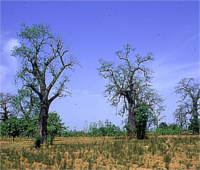 |
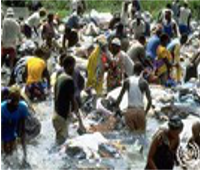 |
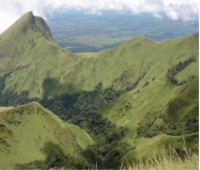 |
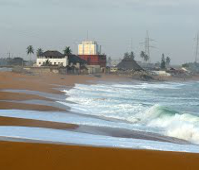 |
| Banco National Park covers 30.00 km² and is an example of primary forest, with species become rare wood (mahogany, avodirés, waffle wood…) | Adjame, in the north of Abidjan is another quarter in the city .Here in a very small lake many professional laundry cleaners are washing the clothes of their customers. No detergents but only rocks and tyres. | This is a protected area and UNESCO World Heritage. The park includes significant portions of Mount Nimba, a geographically unique area with more than 200 endemic species. | Vridi beaches are very near to the city and you can reach there with busses from Plateau or Treichville. |